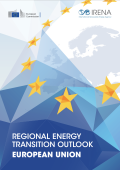
This report outlines how renewables can drive emissions cuts, energy security and industrial strength across Europe.
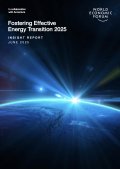
This report tracks global progress towards cleaner, more secure energy systems, offering a clear view of where countries stand and what gaps remain.
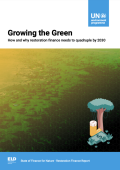
This report tracks finance flows for nature-based solutions and highlights how increased investment can drive ecosystem restoration worldwide.
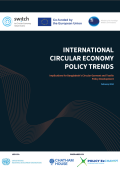
This report explores how circular economy trends and new EU regulations are reshaping Bangladesh’s garment industry and its access to global markets.
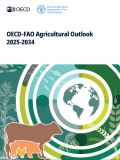
The report provides a comprehensive assessment of the 10-year prospects for agricultural commodity and fish markets across national, regional and global levels.
